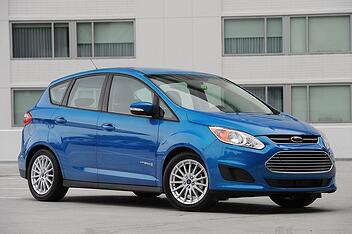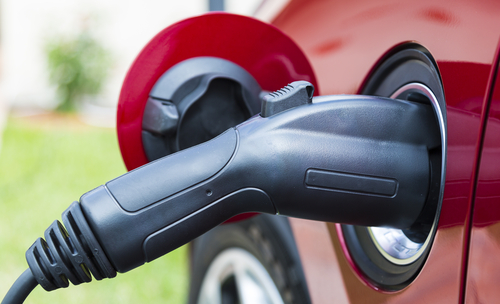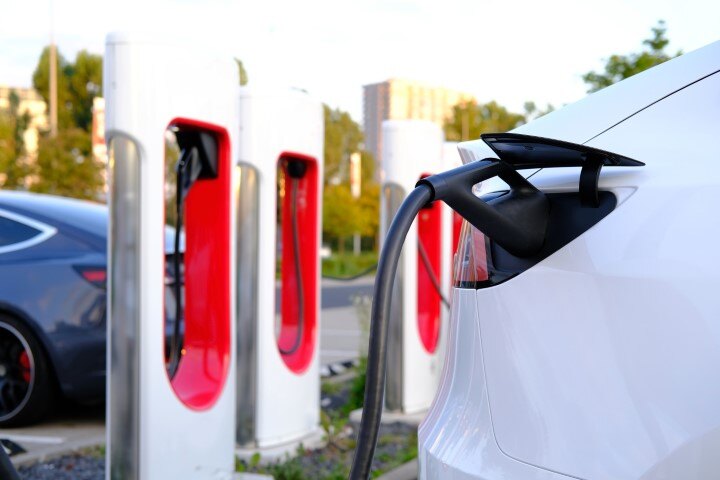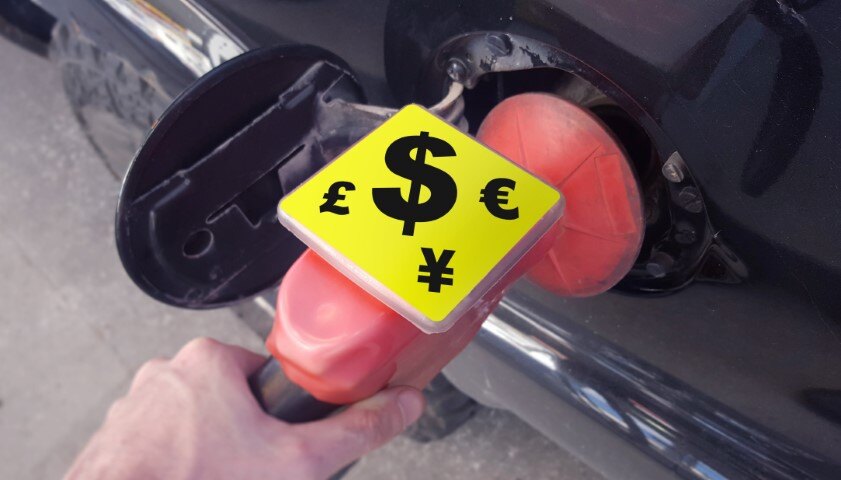Another hybrid misses the mark on gas mileage
Twitter is great for catching breaking news. We were looking on Twitter today and there are numerous references to a new report by Consumer Reports,...
3 min read
Erik Bjornstad : Sep 16 2014

The older hybrid vehicles (part electric, part gas) are now ten years old. Each passing year, the conceptualization of the hybrid by the general public moves further away from “a car for the granola-eating hippie” and more towards being accepted as a viable transportation choice for the average person. The biggest notoriety hybrids have endured in the last couple of years has been revelations of failing to live up to the high mileage ratings given to them by the EPA. For those still on the fence about buying one, that news didn’t do anything towards moving them into the hybrid customer base.
 But there’s more to hybrids than just questions about gas mileage. People have questions about things like resale value or how difficult they are to be serviced or even whether one kind of hybrid (i.e. Honda) is the same as another (i.e. Toyota). We’ve gathered some of the most common questions about hybrid cars along with sensible answers to shed light on the pros and cons of the hybrid.
But there’s more to hybrids than just questions about gas mileage. People have questions about things like resale value or how difficult they are to be serviced or even whether one kind of hybrid (i.e. Honda) is the same as another (i.e. Toyota). We’ve gathered some of the most common questions about hybrid cars along with sensible answers to shed light on the pros and cons of the hybrid.
In the previous blogs about Ford and Honda's hybrids failing to hit their EPA mileage claims, we brought up the points about how consumers need the high MPG ratings in order to help recoup the extra expense that they pay upfront when purchasing it. How quickly you make back the extra cost depends on the price of gas. If a Civic Hybrid costs $4,000 more than the conventional Civic, it could take you as long as 200,000 miles to break even if gas is $2.00 a gallon. Of course, gas hasn’t been two bucks a gallon since GW Bush’s first administration, so current hybrid drivers will break even considerably sooner.
You also have to factor in the cost of maintenance. As hybrids become more commonplace, more and more auto repair shops have the skills to repair them, which means the cost for maintenance and repair is less now for a hybrid than it used to be.
The cost of ownership isn’t always just about gas mileage and repairs. You need to think about how much you’ll be able to sell the car for when you decide to move on. As the pool of data for hybrid resale continues to grow, they’re finding that hybrids are holding their value at a comparable rate to gas-powered vehicles. This contradicts the old conventional wisdom from a few years ago. What’s also comparable (between hybrids and conventional) is that both kinds of vehicles will be worth less than half their sticker price after five years.
So which hybrid loses the most value? The data right now seems to point to the Ford Escape Hybrid, worth less than 25% of its new car value once it is five years old. Of course, this could be a function of the fact consumers don’t like the regular Ford Escape, which retains only 19% of its new value after five years.
There are some differences in the hybrid system used by different manufacturers. Toyota uses a different one than Ford, which uses a different one than Honda. These minor differences do cause different levels of performance for the vehicle. Toyota hybrids seem to be more efficient in city driving than the competition. Honda and Lexus hybrid models do better on highway driving. So not all hybrids are exactly the same.
Finding out the answer to this question allows us to bust out some details on how hybrids really work.
The short answer to the question is – not very much. And this is where it’s useful to bust some myths about horsepower and driving. Generally speaking, when you’re driving, you use the horsepower from the engine in two stages – first, acceleration to get up to speed, and then, second, power to maintain the speed you’re going at. A typically gas-powered car might have 200 horsepower, most of which is rarely used. The closest you’d ever come to using most of that power is when you have to pass someone at high speed. In reality, you typically only use less than 50 horsepower in most driving activities. This means that for the things you most often have to do, the average car is excessively powered. And consumers pay thousands for that extra power that they will rarely ever use.
Because hybrids are so concerned about efficiency, they can’t get away with sporting oversized gas engines. Instead, they have smaller gas engines that do well the job of keeping you at the speed you want to go. They pair that with high-torque electric motors to get you up to speed. Both of these systems combine for a vehicle that is extremely efficient.

Twitter is great for catching breaking news. We were looking on Twitter today and there are numerous references to a new report by Consumer Reports,...
.jpg)
One thing not helping hybrid sales is consumer uncertainty about just how much gas mileage they are actually getting. When considering a hybrid,...

As if people didn't need more reasons not to consider the extra expense of buying a hybrid vehicle, in December reports started filtering through...